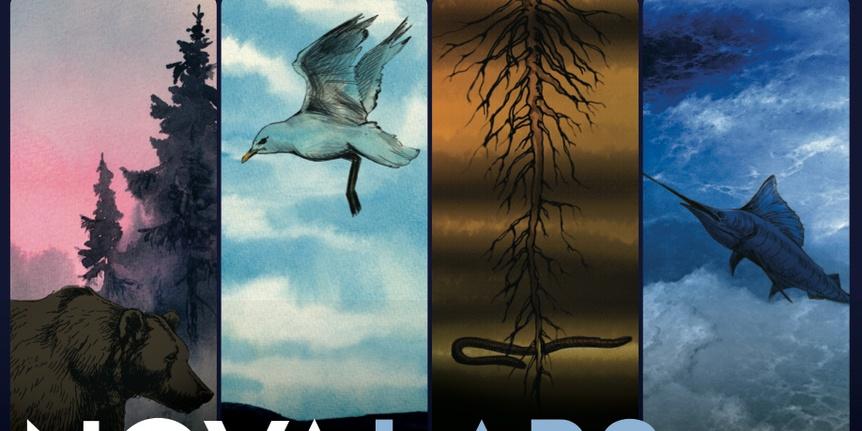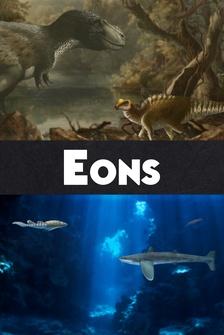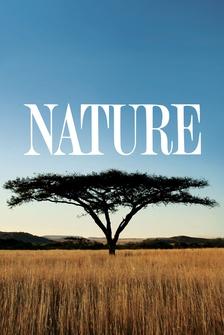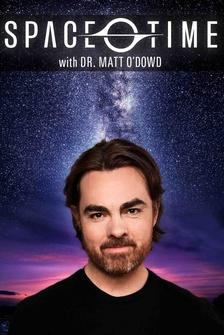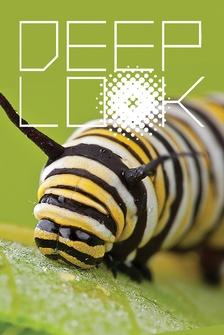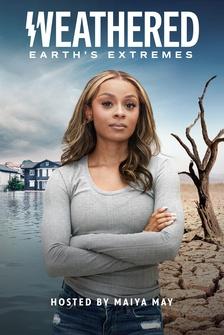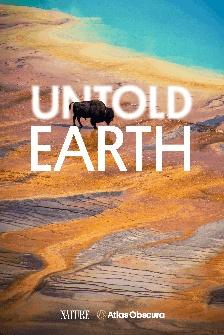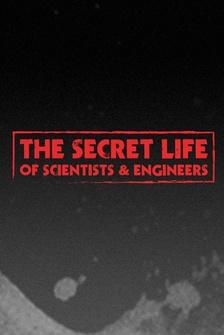(bright music) - [Narrator] This is the largest collection of whale poop in the world.
- Here are two really great examples of what a North Atlantic right whale fecal sample looks like.
Whale poop is a treasure.
It can give us an insight into what these animals are experiencing.
- [Narrator] Researchers can tell if a whale is pregnant, if it's stressed, and the composition of its diet, all by looking at its poop.
And because of what's in it, whale poop may even help cool the Earth.
- When we talk about whale poop, it's always a funny thing.
And it is funny.
You know, I laugh at it.
Think my mom laughs at what I do.
But that's okay.
If you think about it, fertilizing ecosystems with poop is not unusual.
- [Narrator] Whale poop is rich in essential nutrients, like iron, phosphorus, and nitrogen, which are important for these creatures, phytoplankton, tiny microorganisms that produce about half of Earth's oxygen, and account for about half the CO2 that plants take out of the atmosphere.
This is a big deal, because CO2 is the largest contributor to climate change.
- Phytoplankton are taking up these nutrients, and growing, and when phytoplankton grow, they absorb CO2 from the atmosphere.
- [Narrator] The whales' bodies play a role in capturing carbon, too.
- They are a huge living reservoirs of carbon.
- And then whales have the potential to carry that carbon for decades to even centuries for some of the species.
And then they have the potential to move that carbon from the surface to the deep ocean in a way that few other organisms can do.
- [Narrator] When whales die, their bodies sink, bringing a lifetime of stored carbon to the ocean floor, where it could stay sequestered for hundreds or thousands of years.
- They are providing rich communities for other species in the deep sea, some of them which are solely dependent on these whale carcasses.
- [Narrator] But many whale populations significantly declined after industrial whaling took off.
Some whale populations still haven't recovered, and overall there are fewer whales in the ocean today than before industrial whaling began, and less whale poop.
And now changes in the oceans are threatening whales further.
- When seeing accumulation of stresses, and multiple stresses at that.
So we're really working hard to be able to understand exactly what's going on, and how these animals are experiencing their world, and how they're adapting to it.
(bright music)


